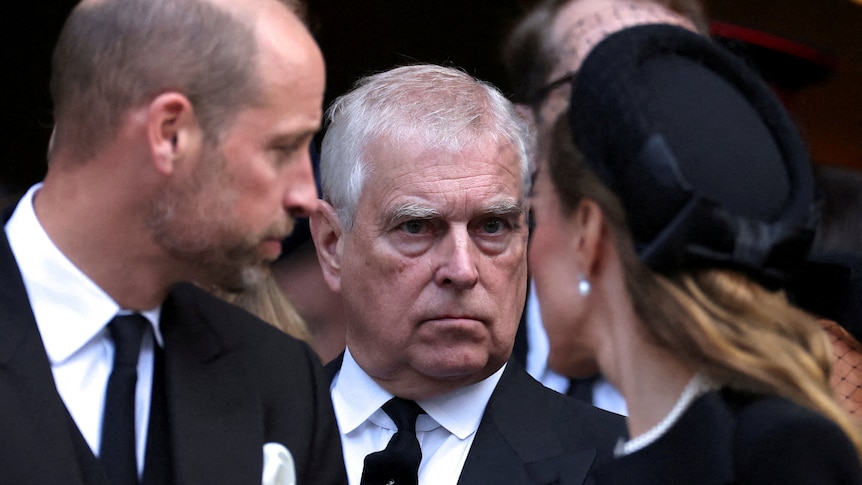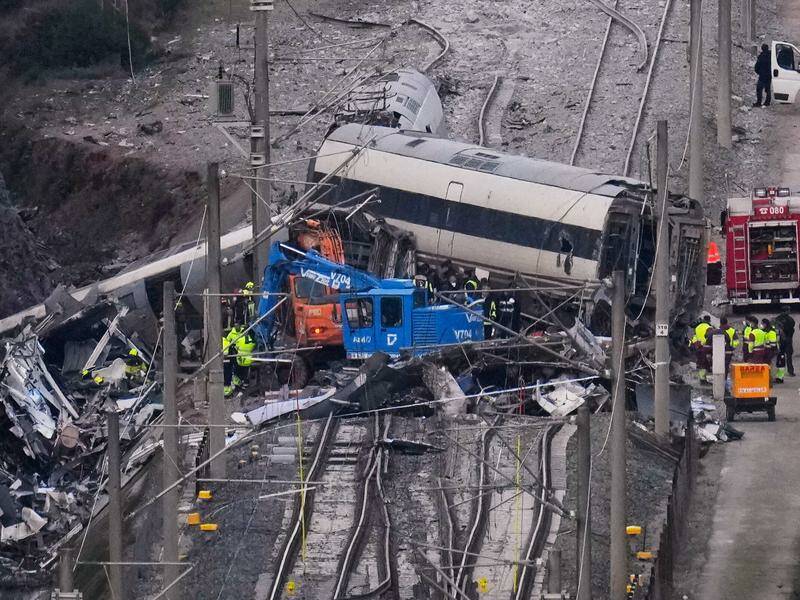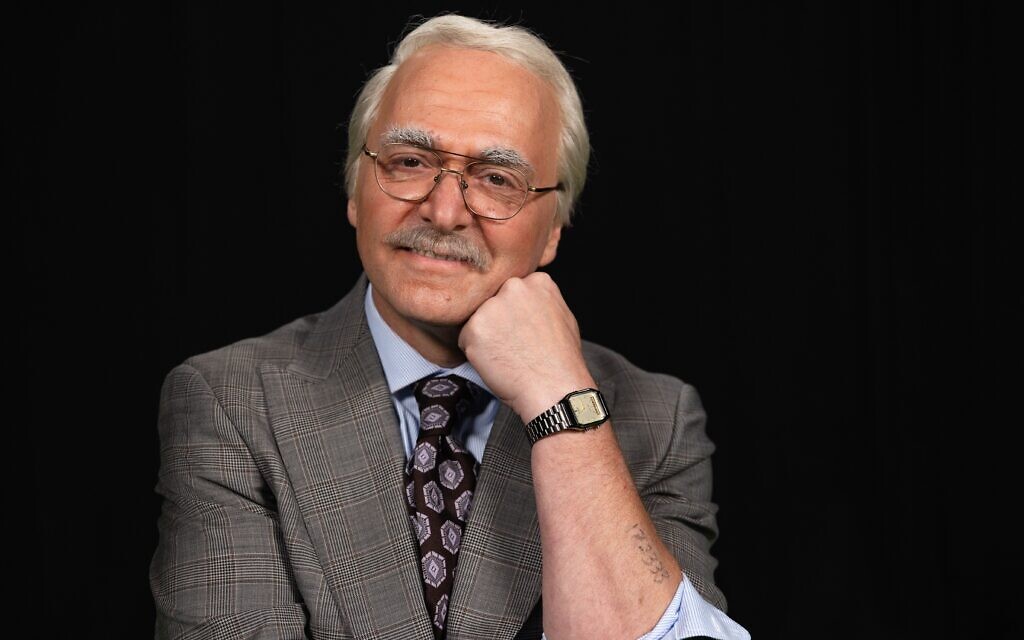
Prince Andrew has officially announced that he will no longer use his royal titles, a move many observers believe was influenced by pressure from his brother, King Charles III. The announcement, made over the weekend, indicates that Andrew will no longer be referred to as His Royal Highness (HRH) or the Duke of York. Despite this change, he will retain the designation of prince and is expected to continue residing at his estate in Windsor.
This decision marks a significant moment within the royal family, as Andrew joins a list of royals who have been compelled to shed their titles under controversial circumstances. Notably, Prince Harry and Meghan Markle were stripped of their HRH titles after stepping back from royal duties in 2020. Similarly, Princess Diana lost her HRH title following her divorce from King Charles, although she maintained the title of Princess of Wales. The most notable title relinquishment in recent history was that of Edward VIII, who abdicated the throne in 1936, swapping his title for that of Duke and effectively living in exile.
The Significance of Titles in the Monarchy
Titles hold considerable weight within the British monarchy, serving as symbols of power, status, and privilege. For the royal family, they are essential for branding and maintaining a positive public image. The loss of titles often correlates with scandals and reputational damage, a pattern that has been evident in Andrew’s case due to his connections with convicted sex offender Jeffrey Epstein. The fallout from these associations has led to ongoing investigations into Andrew’s conduct, including allegations that he attempted to undermine Epstein’s victims, such as Virginia Giuffre. In a statement released by Buckingham Palace, Andrew maintained his innocence, asserting, “I vigorously deny the accusations against me.”
Royal biographer Andrew Morton, known for his work on Princess Diana, has commented on the situation, describing Andrew’s presence as “like a bad smell” that has lingered around the monarchy. Morton articulated the challenges facing King Charles, who has expressed a desire to distance the monarchy from Andrew’s controversies, yet finds himself constrained in his ability to act decisively. “I don’t envy King Charles. He’s made it clear that Andrew is no longer wanted on board when it comes to royal engagements,” Morton remarked, highlighting the complexity of the situation.
The Future of Prince Andrew and His Family
In conjunction with Andrew’s title change, his ex-wife, Sarah Ferguson, will no longer be known as the Duchess of York. Despite this significant shift, Morton does not anticipate Andrew following in the footsteps of his great-uncle Edward or his nephew Harry by relocating abroad. Financial constraints may limit his options, suggesting a future that resembles a form of self-imposed exile. Many commentators believe that remaining at Windsor Great Park, where he has long resided, may be the only feasible solution for Andrew and Ferguson.
The ongoing turmoil surrounding Andrew is compounded by the rift between Prince Harry and his brother, Prince William, which continues to attract public attention. Harry’s recent interactions with the UK Home Office regarding security for his family during visits have led to speculation about his potential return to royal duties. Morton, however, believes that Harry and Meghan have settled into their lives in California and are unlikely to resume royal engagements, stating, “I don’t see her flying back to London at any time soon.”
Morton reflects on the impact of these family dynamics, particularly on the legacy of Princess Diana, who had hoped to see her sons united. “She would have been absolutely devastated to have seen this split between the two brothers,” he said, emphasizing the emotional weight of their estrangement.
As the monarchy grapples with these challenges, the implications of title changes and family feuds continue to resonate. Morton’s observations suggest that the current royal landscape is marked by a struggle for unity and a need for adaptation in the face of public scrutiny. The royal family, traditionally rooted in continuity and tradition, now finds itself navigating a path fraught with personal and public challenges, raising questions about its future role and relevance in contemporary society.
Andrew Morton’s recent publication, “Winston and the Windsors: How Churchill Shaped a Royal Dynasty,” delves into the historical context of royal family dynamics, further illustrating the complexities that have long surrounded the House of Windsor.






